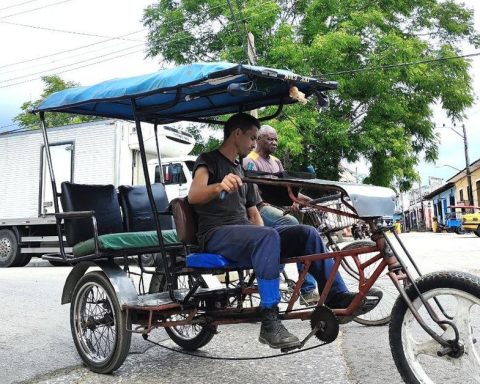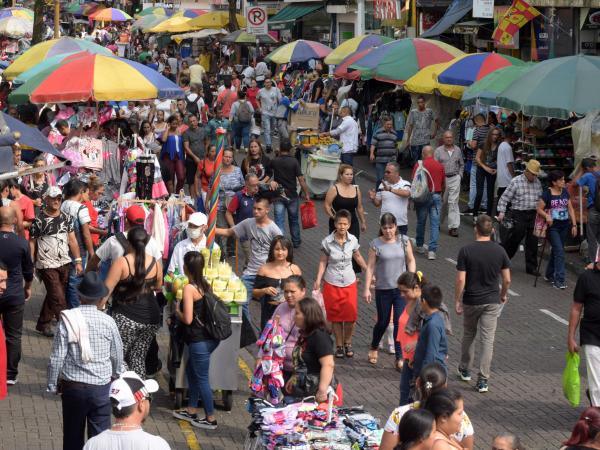If parents do not have knowledge about social networks and their effects, they cannot engage in preventive dialogues with their children.
Grace Vásquez, specialist in communication and advocacy at ChildFund Ecuador, talks about the importance of adults knowing the dangers of the networks, so that they transmit it to their children and prevent them from falling into sextortion or pedophile deception.
Q: What data do you have on the use of the internet in Ecuador?
During the pandemic, internet access grew exponentially, due to the demand for virtual classes. Approximately 80% of children and adolescents have access to the Internet and social networks. And half of the adolescents in Ecuador have a smartphone; and 9 out of 10 adolescents (over 12 years old) have a smartphone and are on social networks. They use TikTok a lot and communicate on WhatsApp.
Q: What is the age to have networks?
Most networks specify that an account be opened at a minimum age of 13, because studies show that the person already has more notions of protection at that age to use networks.
Q: That is not necessarily true. There are even parents who open profiles to their children under 13 years of age.
Obviously, one in the social network can put any age. There are some parents who, faced with the demand they may have from their children to open a space for them on the networks, do so, but ignoring the dangers that exist.
Q: What are the main risks?
Cyberbullying, which is serious, there are even cases of suicide. The ‘grooming’, the sexting and sextortion. (see box)
Q: How many complaints are there of adolescents who have been contacted by networks or abused?
There are 1,000 complaints from children and adolescents in the Prosecutor’s Office (since 2014) that have suffered contact by social networks for sexual purposes. This is an underreporting, because it is rarely reported.
Q: How should parents act to prevent these risks without disrupting the digital development of minors?
We must have a positive approach to communication and information technologies. In addition, it is important to know that we cannot abstract from this reality of social networks and through dialogue, parents must prevent risks.
Q: But how well do parents who are not digital natives know about these risks?
Unfortunately, in Ecuador 3 out of 10 adults have indicated that they do not know about information technologies, networks or their dangers. And they are the ones who take care of the children, so there is a great challenge for the adult society to be informed.
Q: And what should parents do to take care of their children?
In our Web page we have posted material for parents, caregivers and about the risks. We always encourage parents to get informed.
To begin with, parents can establish agreements, for example, of the schedules, times and physical spaces in which the children are going to be connected.

Q: How to identify children stalked in networks?
You have to be aware of how the child is acting when he connects and disconnects from social networks: he is anxious, he is depressed, he shows fear; those are already small indicators.
Q: What resources do you have?
All the social networks and all the platforms that children use today have something called parental controls, which are easy to activate and thus control over the content accessed by children and adolescents can be generated.
“We have collected information from various sources, including the INEC, to know how to identify risks and generate actions against digital violence.” Grace Vásquez, communication and advocacy specialist at ChildFund Ecuador
“If I am willing to open a social network to a child, I must be aware that there are risks (…). For example, we have to ask ourselves: ‘Would you let him go out on the street alone? Grace Vásquez, communication and advocacy specialist at ChildFund Ecuador
Network abuse cases
Cyberbullying: Harassment through social networks, harassment, exposure of minors on networks without their consent.
‘grooming’: An adult poses as a teenager to sexually harass a minor.
Sextortion: sexual extortion, a form of sexual exploitation, in which a person is enticed or blackmailed with an image or video of themselves naked or performing sexual acts.


















